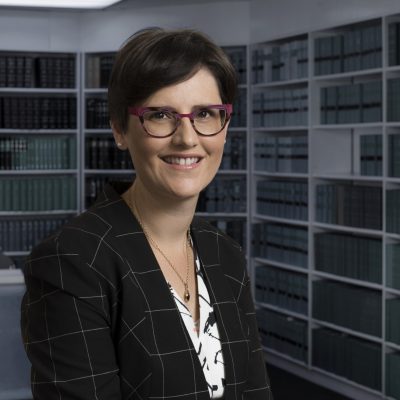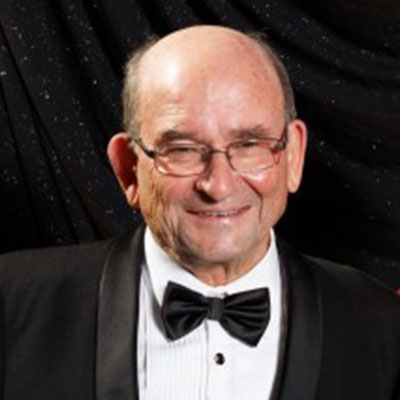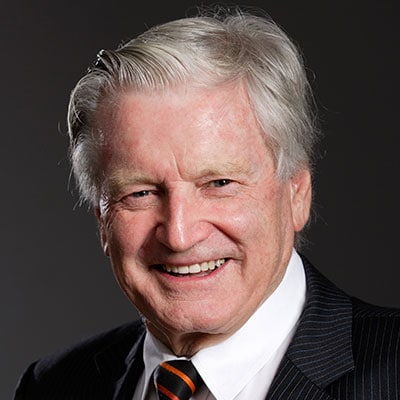Australian researchers discover a gene which might influence MS relapse rates. Our genes influence everything about us, including the way we look, and the way we act and of course they play a significant role in our susceptibility to diseases, including MS.
Previously a considerable amount of research has gone into identifying genes that contribute to the risk of developing MS. MS Research Australia has supported scientists in the Australia New Zealand MS Genetics Consortium (ANZgene) who have contributed to this work with the international discovery of over 110 genes that play a role in the development of MS. The majority of these earlier studies have compared the genes of those with MS and those without, this is very useful in discovering the genes associated with the development of MS.
However, as we know, the course of MS, the number of relapses and the severity of symptoms is hugely variable among individuals with MS. None of these genetic studies has been able to tell us why. Now an Australian study, led by PhD student Yuan Zhou and overseen by Professor Bruce Taylor at the Menzies Institute for Medical Research at the University of Tasmania, has carried out one of the largest genetic association studies to look at whether genes determine relapse rates in people with relapsing MS.
In this study which was published in the Journal of Neurology, Neurosurgery, and Psychiatry, the researchers investigated three different populations, the Tasmania MS longitudinal study, the MS Research Australia-supported Ausimmune/Auslong longitudinal study and the US Paediatric MS longitudinal study. Each of these studies followed people with MS for at least six years, and the Ausimmune study also included people from the very first onset of the disease.
A total of 449 DNA samples were analysed and compared to the clinical history, including relapses and treatments, to see whether there were genetic differences between those who had more relapses than those that had fewer relapses. They identified differences in one gene in particular, the LRP2 gene, which was significant in predicting relapses in both paediatric and adult MS. With one version of the gene even leading to a doubling of the risk of a relapse.
Interestingly, while most of the previous genes linked with the development of MS are associated with the immune system, this gene is thought to be involved in the development of the brain. Genetic studies like this are important because they can potentially be used to help doctors and patients better understand their prognosis, i.e. what to expect from the disease. However, they may also shed light on the molecular causes of relapses, which will lead to a better understanding of the drivers of relapses, and ultimately to more targeted treatments.
MS Research Australia is also funding research by Dr Vilija Jokubaitis at the University of Melbourne, who is looking into the inherited differences between people with either mild or severe MS with the hope of determining which genes can predict disease severity. We have learnt a lot about MS through genetic studies but our genes have not revealed all their secrets yet.
Article courtesy of MS Research Australia www.msra.org.au













